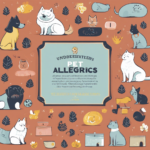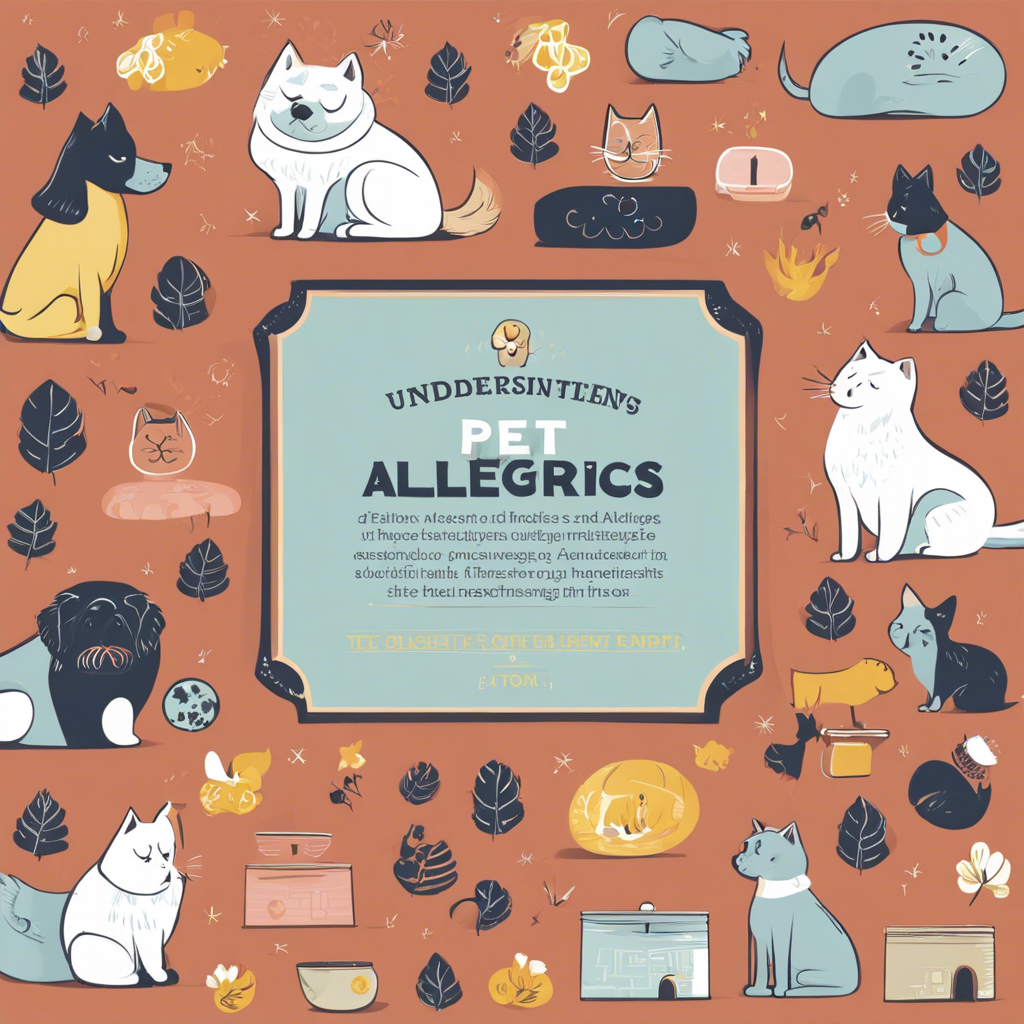Selecting the ideal diet for your beloved pet can be a daunting task, with the market offering an overwhelming variety of options. From dry kibble to fresh, raw meals and an array of specialty diets, how do you navigate this maze of choices to meet your furry friend’s unique needs? Well, worry not, as we’re here to offer a comprehensive guide to tailoring your pet’s diet for optimal health and happiness!
First and foremost, it’s vital to understand that every pet is distinct, and their nutritional requirements will vary based on factors such as age, size, breed, activity level, and health status. For instance, a growing puppy or kitten has very different needs from an adult or senior pet, requiring a diet rich in protein and certain fatty acids to support their developing bodies. Larger breeds are also prone to joint issues and may benefit from supplements like glucosamine and chondroitin to maintain mobility.
Another key consideration is energy intake. Active pets, such as working dogs or those participating in sports, will expend more energy and thus require a higher-calorie diet. Conversely, our more sedentary companions are prone to weight gain and may benefit from reduced-calorie options or diets tailored for weight management. This ensures they stay trim and healthy, reducing the risk of obesity-related issues such as joint problems and cardiovascular strain.
The nutritional composition of the food you choose is also paramount. A balanced diet typically includes a good source of animal-based protein, essential for healthy muscles, skin, and coat. Fatty acids, both omega-3 and omega-6, are vital for overall health, supporting everything from cognitive function to skin and heart health. Carbohydrates provide energy, with options like brown rice, oats, and sweet potatoes offering additional nutritional benefits.
Additionally, don’t underestimate the power of fresh, whole foods. Just as we humans benefit from a colorful plate packed with fruits, vegetables, and lean proteins, so too can our pets. Fresh options can be a great way to boost nutrition and even tempt picky eaters, as long as you ensure a balanced diet is maintained.
When it comes to specialty diets, there’s a lot to consider. Limited-ingredient diets are ideal for pets with food sensitivities, helping to identify and avoid triggers. Grain-free options are popular, though it’s worth noting that grains can provide valuable nutrients and fiber, so they aren’t necessarily detrimental unless your pet has a specific sensitivity.
Lastly, while treats are an essential part of training and bonding with your pet, they should be used in moderation and chosen with care. Opt for healthy, natural options, and remember, fruits and veggies can also make great low-calorie treats!
In conclusion, tailoring your pet’s diet to their unique needs is a surefire way to keep them healthy and happy, ensuring a long and loving life together.










